A pressing question on the minds of many cat owners is whether or not their cat can live a healthy life as a vegan. Unfortunately for a lot of vegan cat owners, your cat cannot survive on a vegan diet as you can. There are many reasons why cats can’t be vegans, but the most important is that cats are obligate carnivores.
Unlike dogs who can be vegans who are facultative carnivores and can effectively get their protein from plants, cats have to get their protein from animals. To put it simply, the digestive system in a cat is not equipped to properly digest and absorb plant protein. That is what makes them obligate carnivores.
This isn’t the only reason though, even some non-vegan food isn’t good for your cat. If it still has a lot of plant-based protein like some of the cheaper dry food recipes, this will translate to possible weight gain in your cat.
Even though your cat can’t be a vegan, she still deserves the best of the best food. So we’ve compiled a list of the cat food brands that are rich in protein, soft, and packed with nutrients – most importantly, not processed.
Why Is It Unhealthy for a Cat to Be Vegan?
Cats are very sensitive creatures from the inside out. They require special attention when it comes to their diet too. The vegan diet has too many components involved to be considered healthy for your cat. When you replace the animal source of protein with other sources, you can no longer get all you need from one source.
The same goes for your cat, but I will get more into this in the next section.
There are two main reasons why cats cannot live healthily on a vegan diet, aside from them being obligate carnivores. These two reasons are:
- Taurine
- Carbohydrates
Taurine: What Is It and Why Is It Important?
Taurine is one of the most important amino acids in your cat’s diet. This is another area that cats differ from dogs. Dogs and humans can synthesize or manufacture taurine within their bodies. This is usually done by the liver. Cats, on the other hand, cannot do this, that’s why they require an animal source for protein.
Since this amino acid can’t be manufactured in a cat’s body, it is considered one of their essential amino acids. This means they must obtain it through their diet. Their bodies also don’t have the ability to store large amounts of taurine so they must consume it regularly.
Without proper levels of taurine, your cat will begin to suffer from many health issues. This amino acid is responsible for your cat’s vision, digestion, and maintaining a healthy immune system and heart function. It is also critical in feline pregnancy, as well as fetal development.
The side effects of a taurine deficiency will not seem prominent to you at first. This is something that takes time to show its face, much like anemia in common vegan humans that do not get enough iron supplemented in their diet.
Generally, what goes first are the eyes. The cells in the retina of your cat’s eyes will begin to degenerate. This is something you would have no idea of without frequent health exams at the vet. The same goes for the heart muscle. There are really no signs to look out for until your cat has already progressed into Dilated Cardiomyopathy (DCM) or heart disease. Your cat won’t live long after that. Once it progresses and heart failure takes hold, many cats do not live over a year.
There is a chance DCM can be reversed with supplements if caught early enough.
One symptom that may be more noticeable is improper digestion. If you begin to notice your cat having digestive issues, it is a good time to consult with your doctor, as well as pay closer attention to your cat’s diet. If your cat seems to be sick often, extra sleepy, and even losing some of her hair, these could all be signs of a taurine deficiency as well.
Carbohydrates: Where Is the Limit?
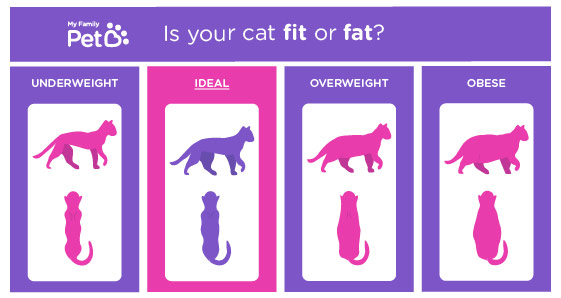
The amount of carbohydrates your cat can withstand and maintain a healthy weight and lifestyle is minute. It is incredibly easy to feed your cat too many carbohydrates. Their diets consist of proteins, fat, and carbohydrates. Ideally, your cat will consume between two and five percent of carbohydrates while the remainder of the 100% will come from protein (mainly) and fat.
A cat in the wild normally only receives one to three percent of carbohydrates in her daily diet. This is yet another reason why cats are not equipped to handle a vegan diet. Plant-based proteins are high in carbs, so not only is your cat not getting taurine from animals, but she is also consuming way too many carbs.
In return, your cat has an extremely high risk of feline obesity. This disorder is incredibly common among cats in today’s world. It is one that is becoming more common every year.
Another reason for this has a lot to do with the type of food cat owners are buying. Most of the commercial dry cat food is loaded with carbohydrates. They are still high in protein but most of them derive their protein from plant products, and as I mentioned above, plant proteins lead to high carb calorie intake.
Diabetes in felines is another result of a high carbohydrate diet. A lot of the reasons for the appearance of diabetes in felines aren’t well known. However, it is known that when a cat’s diet extremely reduces the intake of carbohydrates, many cats no longer need to take insulin. Those that do still take it almost always have a lower dosage after adjusting their diet.
Cats have incredibly sensitive digestive systems. That being said, they are simple creatures. Their digestive systems don’t want and can’t handle many of the complex options that humans and dogs can. Not only is it unhealthy for cats to be vegans because of this, but it is unhealthy for them to eat anything aside from meat.
Animal protein is the most important dietary staple for felines.
What Is so Different About Animal Protein?
Proteins are the building blocks of organs and tissues. Animal protein specifically provides the necessary vitamins, amino acids, and fatty acids that cats need. They cannot synthesize the high amounts of amino acids and vitamins that dogs and people can. This is why they’re dependent on the simplicity of animal protein.
Plant protein becomes too complex for cats’ digestive systems because they are forced to get all of the nine essential amino acids from multiple different sources. This will, in turn, increase the caloric intake as well as other unnecessary nutrients, while animal protein provides all nine amino acids without all the extras.
Cats have evolved to be meat-eating professionals. Because of this, they require upwards of 50% protein in the food they eat.
Animal Protein: What Does a Complete Diet Consist Of?
To ensure you are feeding your cat the proper food for optimal health and lifespan, it is first important to know exactly what vitamins, minerals, amino acids and fatty acids she needs. However, more is not always better. As I mentioned above, cats are sensitive creatures. They require specific amounts of each nutrient and too much can cause problems as well.
This is why supplements are usually not necessary if you are feeding your cat a complete and balanced diet. Vitamin A, for example, is toxic to your cat if she consumes too much.
Below is a list reported on Red Barn Inc. of all the specific vitamins and minerals your cat needs daily and I have also included the proper amino acids and fatty acids:
Vitamins:
There are five vitamins that need to be in your cat’s diet:
- Vitamin A
- Thiamine
- Riboflavin
- Niacin
- Pyridoxine
Minerals:
There are also five essential minerals:
- Iron
- Calcium
- Magnesium
- Sodium
- Chloride
It is always a great idea to talk with your veterinarian before deciding to supplement vitamins and minerals into your cat’s diet. There is a healthy balance that can be found, but there is no need to find it on your own.
Essential Amino Acids:
Amino acids are a crucial part of your cat’s diet and the main reason why she cannot be healthy on a vegan diet. Your cat requires 11 amino acids, and the fewer ingredients the better. All of her essential amino acids can be found in animal protein sources.
These essential amino acids include:
- Arginine
- Histidine
- Isoleucine
- Leucine
- Lysine
- Methionine
- Phenylalanine
- Threonine
- Tryptophan
- Valine
- Taurine
Some of these essential amino acids are the same that are needed for human and dog health. However, cats must get theirs from animals. Any deficiency of any amino acid will lead to health problems, and receiving them from plant sources will lead to a different set of health problems.
Fatty Acids:
Fats contain twice as much energy per gram as protein and carbohydrates. Dietary fats are derived from the animal proteins your cat eats. These fats supply essential fatty acids because they cannot be synthesized in their bodies.
Fatty acids are important for your cat’s diet because they serve as carriers for the important fat-soluble vitamins needed to keep her healthy. It is also known to be safe for your cat’s food to have higher percentages of fat. 50% or more of her energy comes from fat.
A good rule of thumb is to make sure your cat’s food has higher than a 9% fat content.
The omega-3 and omega-6 family of essential fatty acids are what keep your cat’s nervous system healthy as well as tissue function. These are also derived from the animal protein in your cat’s diet.
Water:
This may seem obvious, but water is very important for your cat’s diet. Cats seem to drink less water than they need. This is because when cats are in the wild and they’re hunting for their food, the fresh animal meat is packed with the hydration they need. This makes the food you choose to feed your cat that much more important because she isn’t taking frequent trips to the water bowl like dogs do.
Dry cat food contains about 7% water while canned cat food contains upwards of 80%.
If you choose to go with a dry food without topping with canned food, it is a good idea to invest in a water fountain water bowl. These types of water bowls are designed to help get your cat to the water bowl more often. The sound of water consistently running will remind her to venture over to the bowl more often.
Proper hydration helps your cat distribute nutrients properly and maintain her body temperature, as well as eliminate toxins. If you are feeding your cat dry cat food and she develops a urinary tract infection, her food is most likely the cause.
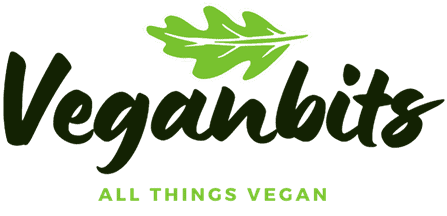
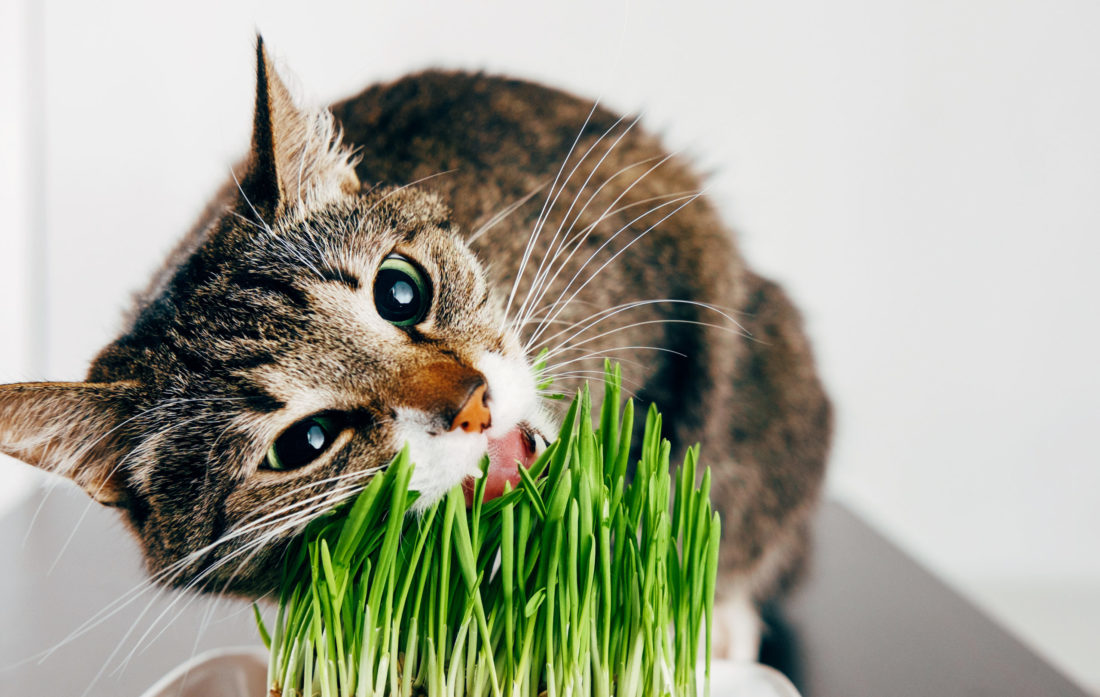
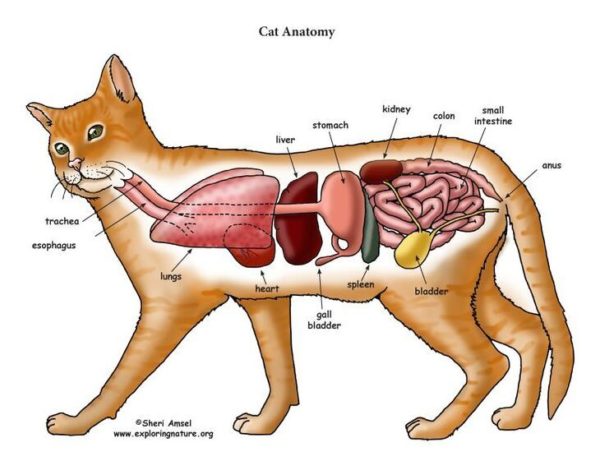
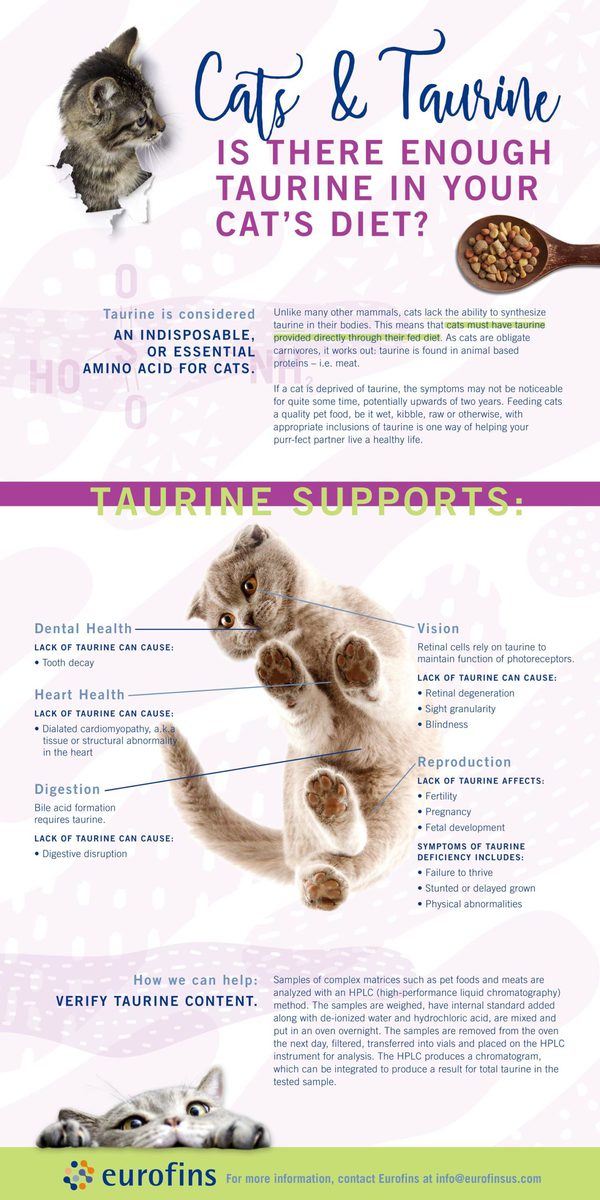

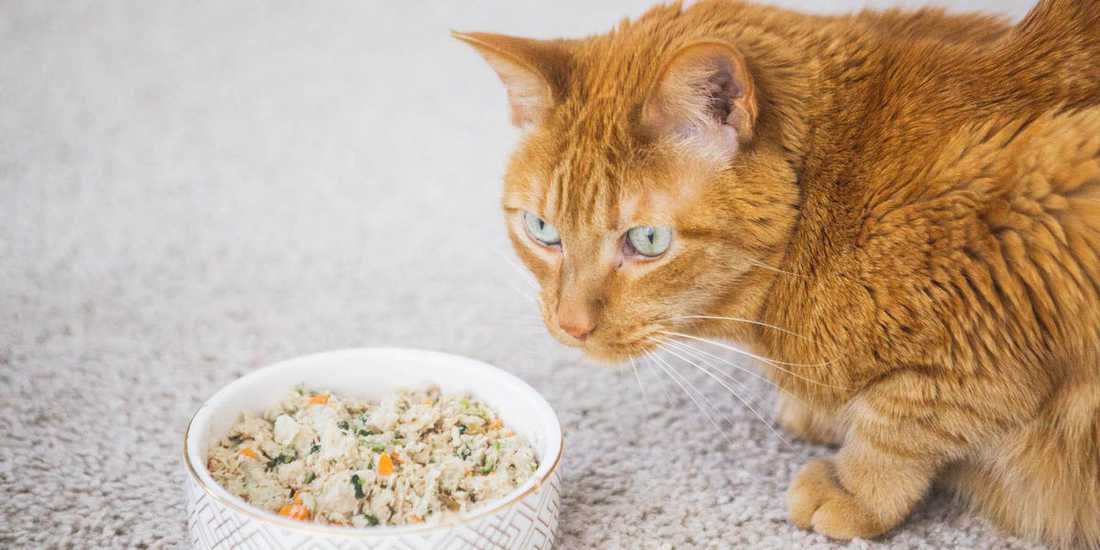
Leave a Comment